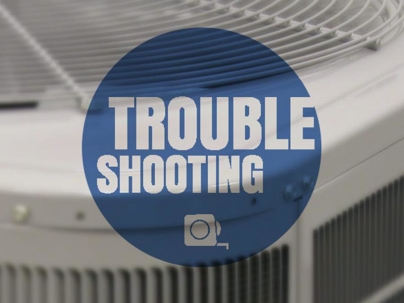Water Leaking From Ceiling Light? A Florida Plumber Explains

First off, if you see water leaking from a light fixture, do these 3 things ASAP:
- Turn off the circuit breaker that serves that light fixture
- Use towels and/or buckets to contain the dripping water
- Call a professional plumber immediately!
Note: Don’t attempt to repair a leaking ceiling light yourself! Water is a conductor of electricity, meaning if you touch water that’s in contact with a live electrical current, you’ll be electrocuted.
If your ceiling light is leaking water, the most common issues include:
- A leaking wastewater or supply pipe
- A leaking or overflowing toilet/shower/sink
- Water leaking from your AC
We’ll explain what you can do to minimize damage and danger before a professional arrives.
Need a professional plumber ASAP? Just contact us and we’ll send one out right away.
What you can do before the plumber arrives
1. Determine if you need to turn off your home’s water supply.
Watch the leak. Is it dripping steadily? Or worse, is it a steady flow of water? If so, you’ll want to minimize water damage and turn off your home’s main water supply.
2. Determine what’s above the light that could be leaking.
If you have a 2nd floor, go explore the area above the ceiling light that’s leaking. If it’s a bathroom, check the toilet, sink, and shower and see if anything is overflowing or leaking. If it is, you can direct the plumber to the faulty appliance first.
If the space above your light is the attic or a closet space, it’s likely that your AC is leaking. If you can locate your indoor air handler, check the pan underneath the device. If it’s overflowing, you’ll want to have your plumber clear your condensate drain line.
If it’s neither an overflowing or leaky water appliance or your air conditioner, you likely have a leaky pipe. Have a professional inspect the nearby pipes to locate and repair the pipe at fault.
Need a Florida plumber?
If you need a plumber to repair your leaky ceiling light, contact us.
We’ll send over a professional right away to fix the issue.
Learn More in Our Leak Detection Series:
Contact Us
Contact Us
"*" indicates required fields


